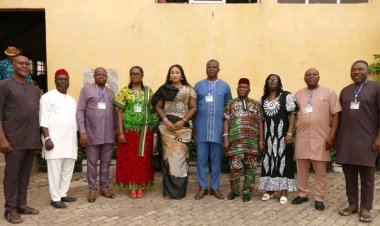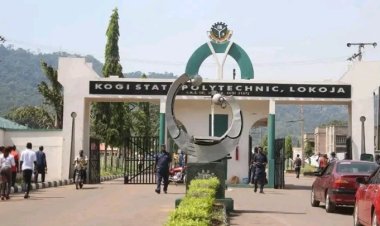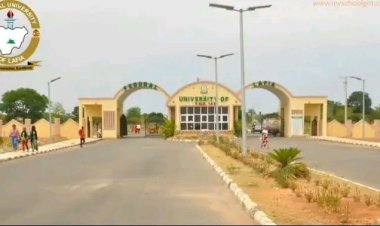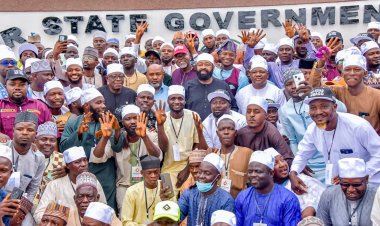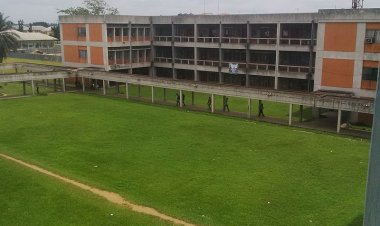Anambra Resident Doctors Rally Against Brain Drain, Urge Swift Government Action
Resident Doctors at COOUTH, Awka, Anambra State, have taken a decisive stand against the rising issue of brain drain in the medical field, issuing a strong call to action at their inaugural Annual General Meeting. The medical professionals highlighted the urgent need for governmental intervention to address factors contributing to the exodus of skilled doctors, including wage disparities and inadequate facilities. The conference emphasized a collective effort to find immediate solutions to retain medical talent within the country.
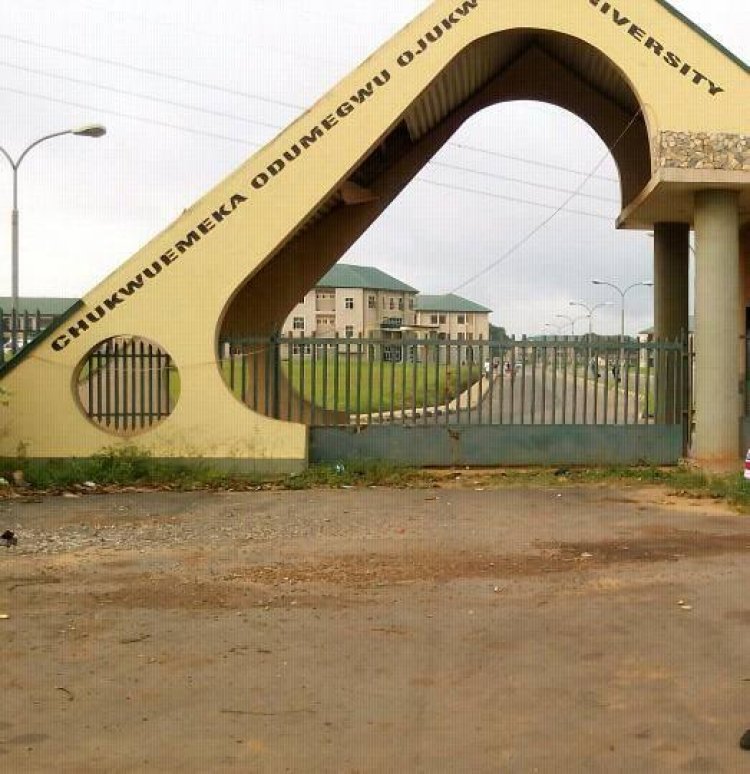
In a decisive move to confront the escalating crisis of brain drain in the medical profession, Resident Doctors at the Chukwuemeka Odumegwu Ojukwu University Teaching Hospital (COOUTH), Awka, Anambra State, have issued a resounding call to action during their inaugural Annual General Meeting and Academic Conference.
During the conference, under the theme "Brain Drain and the Residency Training Programme, Striking a Balance," Dr. Nnaemeka Añunihu, President of ARD, COOUTH, shed light on the severe impact of brain drain on Nigeria's healthcare system. The doctors highlighted key factors contributing to the exodus, including wage disparities, inadequate facilities, security concerns, and the perceived value of earned wages.
SEE: Brain drain huge damage to Nigerian economy – GOUNI VC
Añunihu emphasized the urgent need for governmental intervention, urging authorities to address these issues to retain skilled medical professionals in the country. The President of ARD, COOUTH, also called for the implementation of the Medical Residency Training Act to safeguard the future of doctors through legal measures.
Supporting these claims, Dr. Princeton Okam, a consultant obstetrician at Nnamdi Azikiwe University Teaching Hospital, stressed the severity of the brain drain predicament within the medical profession. He called for a collective effort from both the government and doctors themselves to find effective solutions.
SUGGESTED: Federal Government Urges Universities to Align Outcomes with National Productivity
Expert Insight:
During a keynote lecture, Dr. Nnaemka Umedum defined brain drain as the migration of highly skilled medical professionals from less developed to more developed nations. He identified various causes, including inadequate opportunities for advanced medical training, underfunded healthcare systems, poor remuneration, and socioeconomic and political challenges in developing countries.
Umedum highlighted the dire consequences of brain drain, including the loss of skilled human resources, economic stagnation, and a lack of innovation in affected countries. He urged Resident Doctors and healthcare professionals to resist the temptation to emigrate and instead seek opportunities for additional training and experience within Nigeria.
FOLLOW: Professor at UNILAG Highlights 'Japa' Brain Drain Crisis in Nigerian Tertiary Institutions
Government Response:
Dr. Josephat Akabuike, Chief Medical Director of COOUTH, acknowledged the challenges faced by Resident Doctors and pledged continuous support to enhance staff welfare and productivity. He cautioned against transferring frustrations onto patients and urged a focus on patient well-being despite the existing challenges.
Call for Immediate Action:
The consensus among medical practitioners at the conference emphasized the urgency for immediate governmental action and a collective effort to address the multifaceted challenges exacerbating brain drain within the healthcare sector.
This declaration by Resident Doctors in Anambra signals a state of emergency, urging swift and comprehensive measures to secure the future of the nation's healthcare system.

 Mary Nwaeze
Mary Nwaeze 